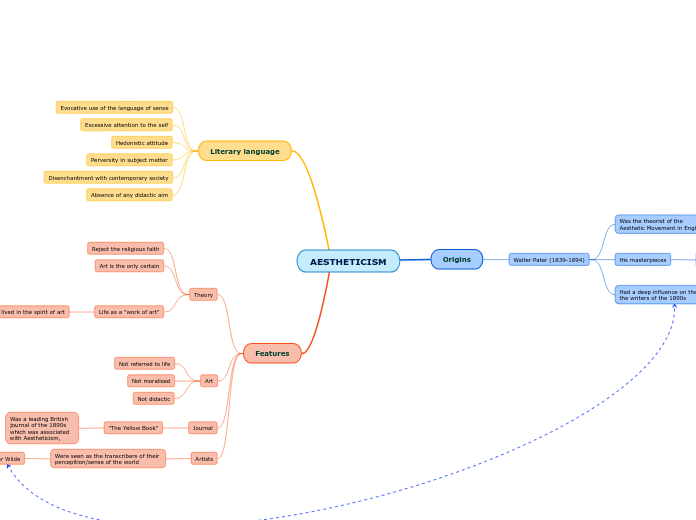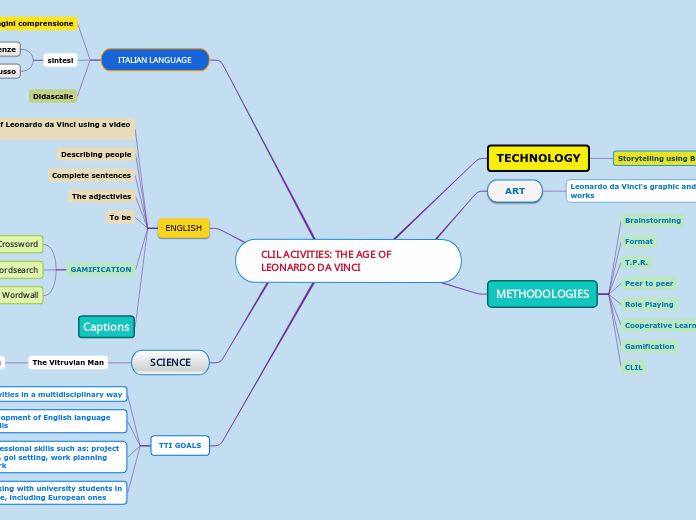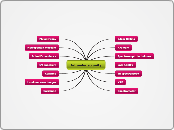Heritage Sectional Exam 6
Late 1800's to the Present
Philosophy
Feminism
Pragmatism & Postmodernism
Meaningful Meaninglessness
Existentialism
Sammuel Beckett
Religion
Ghandi
The Shoah
Science
Physics
Einstein
Relativity
Quantum Mechanics
History
Globalization
Film
The 60's
The Cold War
World War II
The Great Depression
World War I
The Impact of the First World War
Impact of the war on thought
Loss of faith in progress
War, Nature, and the imagination
Total number of soldiers killed
36% of the young men aged 19-22
9 Million
The conduct of the first World War
1919
Treaty of Versailles blames Germany for the war and imposes harsh punishments
1917-18
The United States enters the War
War aims of President Woodrow Wilson: Idealism of 14 points and pragmatism of U.S. national interests
Idealism
U.S Contribution
manpower helps Allies in 1918 campaigns
Zimmerman Telegram, Unrestricted Submarine Warfare, Loans to Allies
1917
Allied demoralization, collapse, mutiny
British Anti-war sentiment
Wilfred Owen
How sweet and fitting to die for one's country
Dulce et decorum est pro patria mori
France: The Nevelle Offensive and the French Mutiny
Russian Revolution
Oct. 1917
Bolshevik Communist Revolution, led by V. I. Lenin
Feb. 1917
Tsar Nicholas II abdicates, Provisional Government installed
Industrial Warfare and the management of human resources
Colonial Contributions: Bodies and Resources
Bodies and minds pushed to the limit:
Trauma and Freudian Psychology
Manpower depletion: War of Attrition, Citizen Armies, "lads" battalions
New technologies: gas, artillery registration, tanks
The world at war
Italy, Eastern Europe, Africa, Middle East
The western front, 1914-17
Myth of stalemate, reality of small movement and technological and tactical innovation
1914
Battles for Belgium and France
New Rifles, Artillery, Machine-guns heavily favor defenders
The origins of WWI
Schieffen Plan, Belgium, British intervention
The Crisis of July 1914
Sarajevo, Archduke Franz Ferdinand, threats and mobilization
Alliance system, hasty decision making (influenced by communications technology), nationalism
Pre War Faith in Progress
Social and technological progress appeared to make war unlikely
Technological progress in early 20th century
radio
aircraft
mass production
petroleum
Automobiles
Doubts about progress?
Tolstoy's critique of modernity
The negative consequences of industrialization and free trade
Western Faith in Progress:
Nineteenth century liberals, Marxists, Imperialists
Literature
Latin American Literature
High Modernism
William Faulkner
The Early Modern in Literature
Joyce and Teats
Music
Jazz: American Creative Music
Miles Davis
"Bird" & "Diz"
Duke Ellington
New Orleans Jazz
Louis Armstrong
The Blues
Music after 1945
Postmodernsim
The Avant Garde
Experimentalism
Three Strains of Modernism
Schoenberg
Tewlve Tone System
Expressionism
Modernist Music before World War One
Literature and Art before World War One
Stravinsky
The Primacy of Rhythm
Debussy
Impressionism
Progress and Uncertainty
Modernism
All art from the past must be destroyed
Art
Contemporary Art
Modern Art in Europe and the United States (c. 1870-1965)
The Return to Painting Across the Atlantic: Post-war American Art
Action painting, Gesture painting, Abstract Expressionism
Pop
Neo Dada
Rethinking the Art Object: The Avant-Garde Challenge to Painting
Dali
Surrealist Found Object
Metaphys
Dadaism
Hannah Hoch
Cut with the Kitchen Knife
Raoul Hausmann
ABCD: Portrait of the Artist, 1923-4
Appropriation
LHOOQ, 1919
Rrose Selavy, 1919
Readymade
Marcel Duchamp
Fountain, 1917
The 20th Century and the Rejection of Naturalism: Expressionism vs. Formalism
Piet Mondrian
Broadway Boogie-Wogie, 1942-43
Composition with Red, Yellow, and Blue, 1921
Neoplasticism
De Stijl (Dutch for "The style")
Composition 10 in Black and White, 1915
Wassuky Kandinsky
Composition IV, 1911
Improvisation 28, 1912
Largely unconscious, spontaneous expressions of inner character, non-material in nature
Pablo Picasso
Guernica, 1937
Maquette for Guitar, 1912
Art is a lie that tells the truth
Collagee and Assemblage
Guitar, Sheet Music and Glass, 1912
Still Life with Chair Caning, 1912
Cubism
Gertrude Stein, 1906-7
the Influence of African Scpture on Cubism
The Family of Saltimbanques, 1905
The Old Guitarist, 1903
Les Demoiselles d'Avignon, 1907
There is no such thing as abstract art, you must start with something
drinking turpentine and spitting fire
a field of broken glass
Portrait of Kahnweiler, 1910
Fauvism
Henri Matisse
Joy of Life, 1905-6
What I am after, above all, is expression. Expression, to my way of thinking, does not consist of the passion mirrored upon a human face or betrayed by a violent gesture. Thw whole arrangement of my picture is expressive.
Fauves=Wild Beasts
Mme. MAtisse (Green Stripe), 1905
Post Impressionism
Paul Cezanne
Boy in a Red Vest, 1888-90
Still Life with Plaster Cupid, c. 1895
Mont Ste. Victoire, 1904
see in nature the cylinder, the sphere, the cone
Vincent Van Gogh
Self-Portrait, 1880s
Starry Night, 1889
Instead of trying to reproduce what I have before my eyes, Ise color more arbitrarily so as to express myself forcibly
Foundations of Modern Art: Manet and the Painting of Modern Life
Manet, Bar at the Folies-Bergere, 1880-81
Edouard Manet, Gare Saint-Lazare, 1873, cf. Monet
"The strangeness will wear off and I think we will discover the deeper meanings in modern art"--Jackson Pollock









